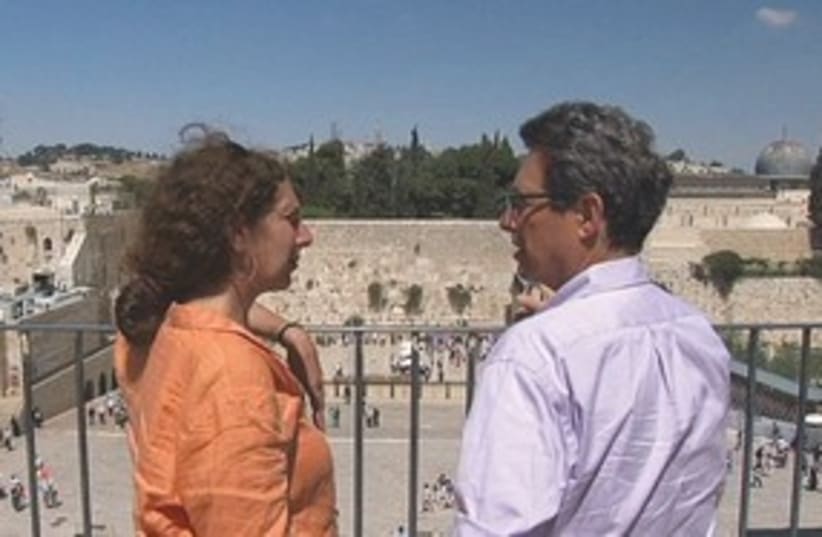Between Two Worlds will be screened next on July 15 at 2:15 p.m. at Cinematheque 3. To find out more about the film, www.btwthemovie.org
Between two filmmakers
Deborah Kaufman and Alan Snitow explore the role of Jewish identity in a polarizing world in their latest film, ‘Between Two Worlds,’ showing this week at the Jerusalem Film Festival.

Between Two Worlds will be screened next on July 15 at 2:15 p.m. at Cinematheque 3. To find out more about the film, www.btwthemovie.org